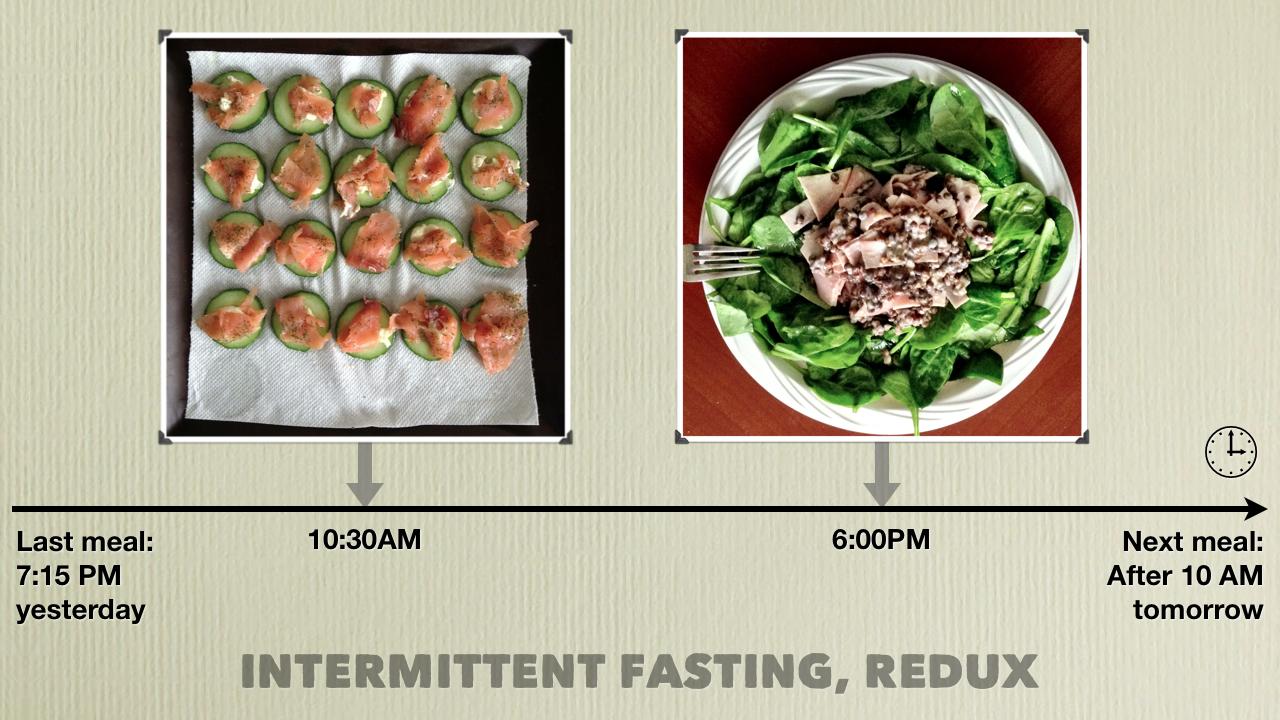
What is Intermittent Fasting?
Intermittent fasting is an eating pattern that cycles between periods of fasting and eating. It doesn’t specify which foods you should eat but rather when you should eat them.
How does Intermittent Fasting help with Weight Loss?
Intermittent fasting can help you lose weight by reducing your calorie intake and boosting your metabolism. It also helps regulate hormones that control appetite and fat storage.
Benefits of Intermittent Fasting
- Weight loss
- Improved insulin sensitivity
- Increased energy levels
- Reduced inflammation
- Improved brain function
- Longevity
How to Start Intermittent Fasting
- Choose a fasting schedule (e.g. 16/8, 5:2, or alternate-day fasting)
- Start gradually by skipping breakfast or delaying your first meal
- Stay hydrated during fasting periods
- Eat nutrient-dense foods during eating windows
- Listen to your body and adjust the schedule as needed
Intermittent fasting can be a simple and effective approach to weight loss when done correctly. Consult with a healthcare professional before starting any new diet plan, especially if you have any underlying health conditions.
Tips for Success with Intermittent Fasting
– Be consistent with your fasting schedule to see results
– Choose whole, unprocessed foods during eating periods for optimal health benefits
– Stay active and incorporate exercise into your routine for enhanced weight loss
– Monitor your progress and adjust your fasting schedule as needed
– Stay patient and give your body time to adjust to the new eating pattern
intermittent fasting can be a sustainable and effective way to reach your weight loss goals. By following the guidelines and staying committed to the process, you can achieve long-term success with this eating approach.
If you have any concerns or questions about intermittent fasting, it’s always a good idea to consult with a healthcare professional or a registered dietitian. They can provide personalized guidance and support to help you navigate the process and ensure you are meeting your nutritional needs while fasting.






